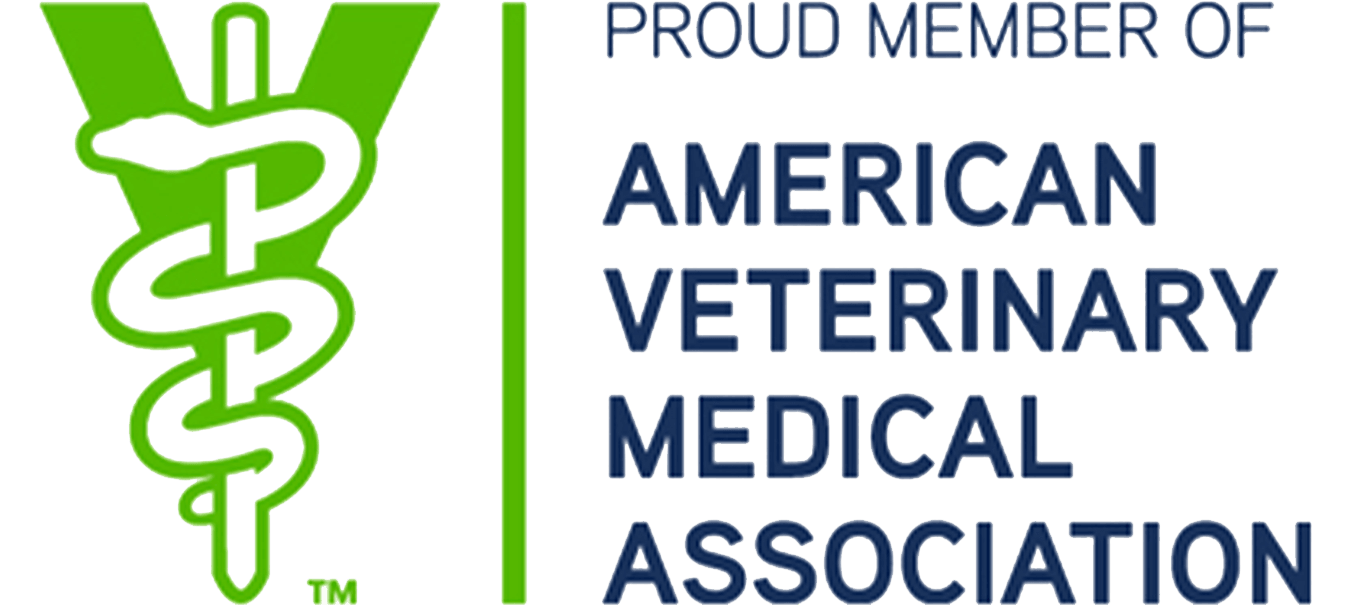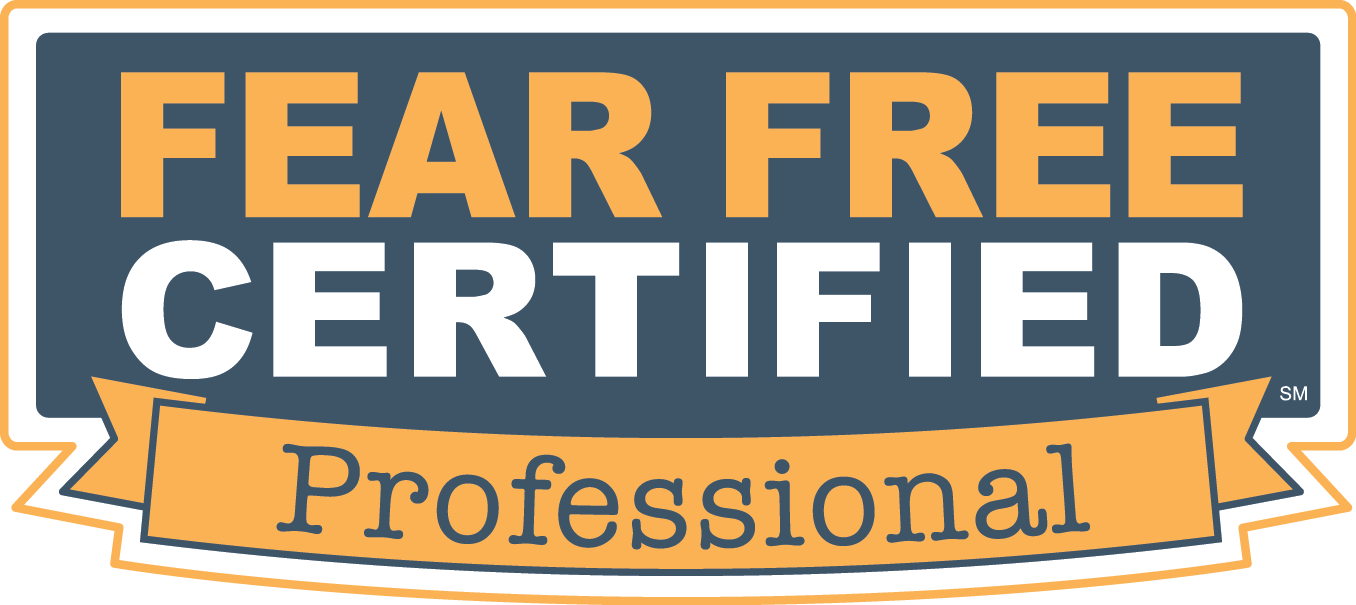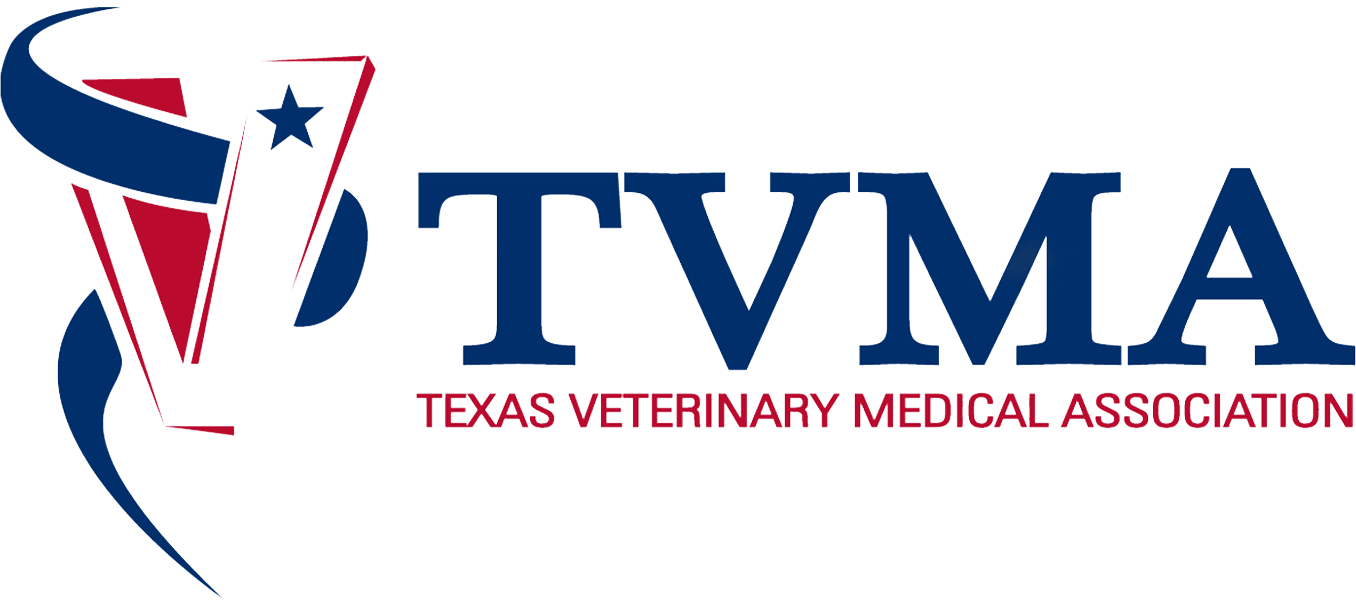Pets are naturally curious, and their curiosity can sometimes lead them into dangerous situations. Poisoning is a serious risk that can happen at any time, whether from household products, toxic foods, or plants. March is Pet Poison Prevention Month, a great time to raise awareness about potential hazards and how to keep pets safe. At Vet 2 The Starz, we want to help pet owners recognize common toxins and take steps to prevent accidental poisoning.
Signs of Poisoning in Pets
Poisoning symptoms can vary depending on the toxin, but common signs to look for include:
- Vomiting, diarrhea, drooling, or loss of appetite
- Weakness, tremors, or disorientation
- Difficulty breathing, excessive panting, or coughing
- Pawing at the mouth, foaming, or excessive drooling
- Increased thirst, urination, or unusual behavior
If your pet shows any of these symptoms and you suspect poisoning, contact a pet poison control hotline immediately for guidance.
Common Household Poisons
Many everyday household items, foods, and plants can be toxic to pets. Some of the most common include:
- Human medications such as pain relievers, cold medicine, and antidepressants
- Foods like chocolate, xylitol (found in sugar-free gum), grapes, onions, garlic, and alcohol
- Toxic plants including lilies, sago palms, and azaleas
- Household chemicals, antifreeze, rodenticides, and cleaning products
For a full list of toxic substances, visit the ASPCA’s Animal Poison Control Center website.
What to Do If Your Pet is Poisoned
If you think your pet may have ingested something toxic, act quickly by calling a pet poison helpline such as the ASPCA Animal Poison Control Center or Pet Poison Helpline. They can advise you on whether the substance is dangerous and what steps to take next.
Vet 2 The Starz does not offer emergency or urgent care services, so if immediate medical attention is needed, poison control experts can help direct you to the nearest emergency facility.
Preventing Pet Poisoning
Taking precautions can help prevent accidental poisoning:
- Store all medications securely and never give your pet human medicine unless directed by a vet
- Keep harmful foods out of reach and check ingredient labels carefully
- Use pet-safe cleaning products and store chemicals safely
- Research plants before bringing them into your home or garden
Keeping Your Pet Safe from Harmful Substances
Pet Poison Prevention Month is a great reminder to review your home for potential hazards and be prepared in case of an emergency. If you suspect your pet has ingested something toxic, contact a pet poison control hotline immediately for expert guidance.
For non-urgent pet health questions, Vet 2 The Starz is here to help. Reach out to us for tips on keeping your pet healthy and safe.







